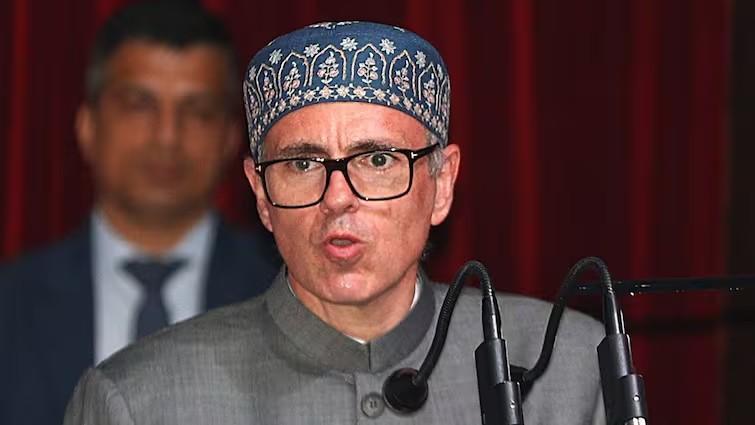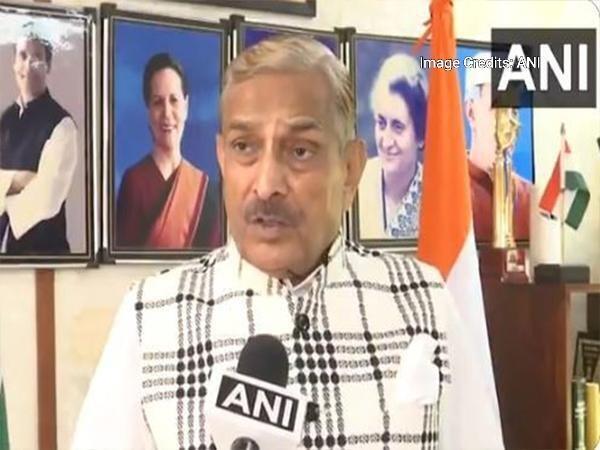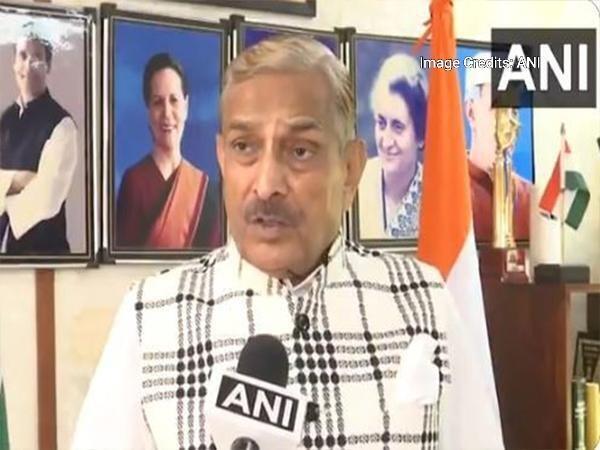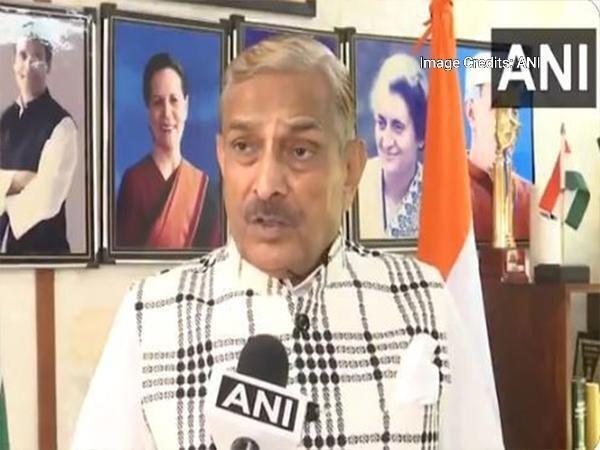
Normalcy in J&K post Art 370 abrogation is forced, not organic: CM
The abrogation of Article 370 in August 2019 was a significant step towards reorganizing the relationship between the Indian government and the erstwhile state of Jammu and Kashmir. The move aimed at integrating the region with the rest of the country, but it has also led to a series of challenges, including the loss of special status and the subsequent changes to the region’s governance structure. Amidst the ongoing debate about the impact of the move, Jammu and Kashmir Chief Minister Omar Abdullah has expressed his concerns about the normalcy in the region, stating that it is “forced” and not “organic.”
In an interview, Omar Abdullah emphasized that the normalcy in Jammu and Kashmir is not a natural outcome of the change, but rather a result of external factors. He pointed out that the region is still grappling with the aftermath of the abrogation of Article 370, which has led to a sense of uncertainty and fear among the people. The Chief Minister acknowledged that the government has taken several measures to restore order and normalcy, including the relaxation of curfew restrictions and the reopening of educational institutions. However, he maintained that these efforts are not enough to mask the underlying concerns and fears that people have.
Omar Abdullah’s comments have sparked a heated debate about the effectiveness of the government’s efforts to restore normalcy in Jammu and Kashmir. While some have argued that the region is slowly returning to normal, others have pointed out that the move has only led to further divisions and tensions. The Chief Minister’s observations have also raised questions about the nature of the normalcy that has been achieved in the region.
One of the main concerns is that the normalcy in Jammu and Kashmir is not driven by a sense of trust and confidence among the people, but rather by fear and intimidation. Omar Abdullah’s comments suggest that the region is still plagued by a sense of uncertainty and insecurity, which is not conducive to long-term stability and growth. The Chief Minister’s observations have also highlighted the need for a more nuanced approach to addressing the complex issues facing the region, rather than relying solely on brute force and coercion.
The abrogation of Article 370 has also led to a significant shift in the demographics of Jammu and Kashmir. The move has opened up the region to people from other parts of the country, leading to a influx of outsiders and a changing social landscape. While this has brought new opportunities and perspectives to the region, it has also raised concerns about the impact on the local culture and identity. Omar Abdullah’s comments have highlighted the need for a more inclusive and nuanced approach to addressing these issues, rather than relying solely on the use of force and coercion.
The forced normalcy in Jammu and Kashmir has also had a significant impact on the region’s economy. The move has led to a decline in tourism and a disruption to the local economy, which has had a devastating impact on the livelihoods of many people. Omar Abdullah’s comments have highlighted the need for a more supportive and inclusive approach to addressing these issues, rather than relying solely on the use of force and coercion.
In conclusion, Omar Abdullah’s comments have highlighted the need for a more nuanced and inclusive approach to addressing the complex issues facing Jammu and Kashmir. The forced normalcy in the region is not a sustainable solution, and it is essential to address the underlying concerns and fears that people have. The government must take a more supportive and inclusive approach to addressing the region’s economic and social challenges, rather than relying solely on the use of force and coercion.
Source:





